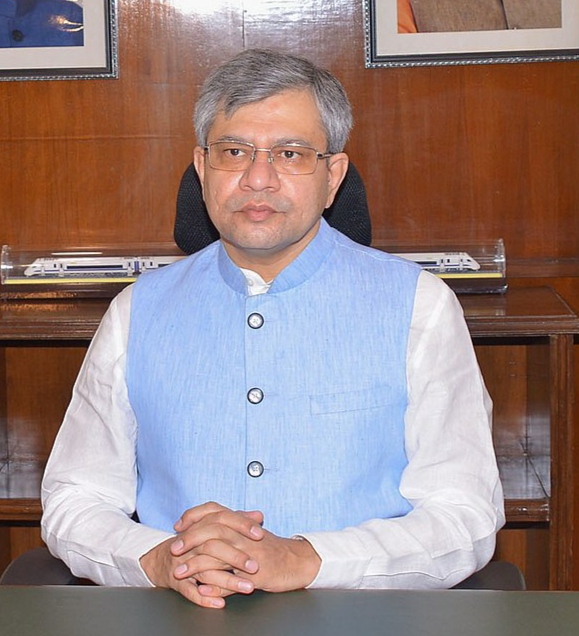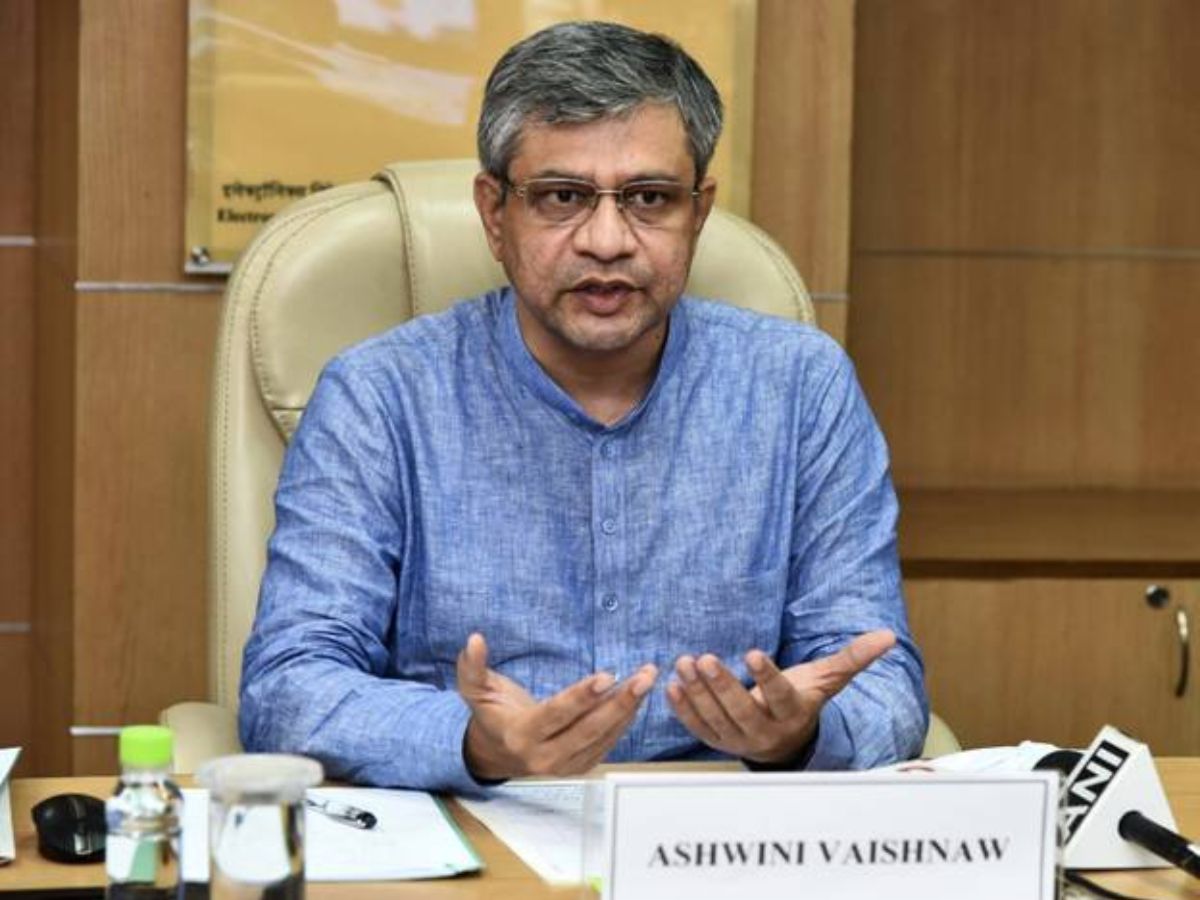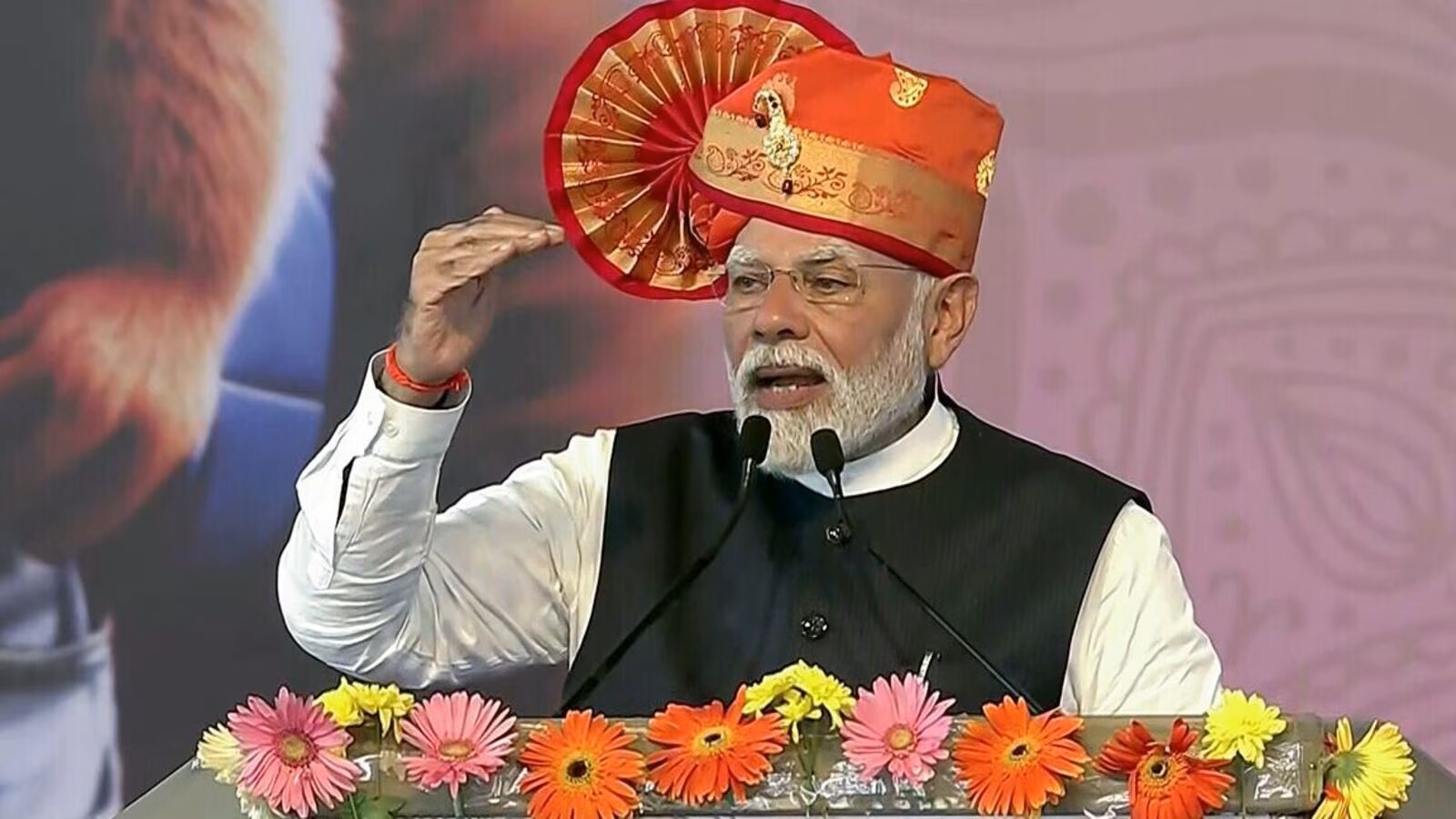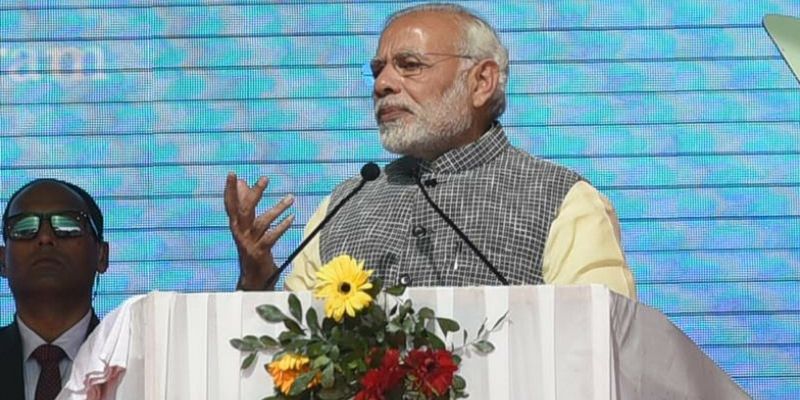NITI Aayog, India’s premier policy think tank, has taken a significant step towards empowering state and union territory (UT) governments with the launch of its comprehensive digital platform, ‘NITI for States.’ This groundbreaking initiative marks a paradigm shift in India’s governance landscape, fostering cooperative federalism and promoting data-driven decision-making across the nation. By equipping states and UTs with the resources, knowledge, and support they need, ‘NITI for States’ has the potential to significantly contribute to achieving national development goals.
 The launch of ‘NITI for States’ was not just a singular event but a multi-faceted initiative showcasing its diverse functionalities and potential impact. The official launch by Union Minister Ashwini Vaishnaw emphasized the platform’s alignment with India’s vision for future growth, highlighting its role in strengthening collaborative federalism and empowering data-driven governance. This launch ceremony was complemented by the inauguration of the ‘Viksit Bharat Strategy Room’ within NITI Aayog. This dedicated space serves as a hub for strategic planning and visualization, allowing stakeholders to analyze data, collaborate on development strategies, and visualize potential outcomes using advanced tools. This collaborative environment fosters knowledge sharing, cross-learning, and the creation of comprehensive and well-coordinated development roadmaps, ultimately leading to the implementation of effective and targeted development initiatives across diverse regions.
The launch of ‘NITI for States’ was not just a singular event but a multi-faceted initiative showcasing its diverse functionalities and potential impact. The official launch by Union Minister Ashwini Vaishnaw emphasized the platform’s alignment with India’s vision for future growth, highlighting its role in strengthening collaborative federalism and empowering data-driven governance. This launch ceremony was complemented by the inauguration of the ‘Viksit Bharat Strategy Room’ within NITI Aayog. This dedicated space serves as a hub for strategic planning and visualization, allowing stakeholders to analyze data, collaborate on development strategies, and visualize potential outcomes using advanced tools. This collaborative environment fosters knowledge sharing, cross-learning, and the creation of comprehensive and well-coordinated development roadmaps, ultimately leading to the implementation of effective and targeted development initiatives across diverse regions.
Furthermore, opening the ‘NITI for States’ Exhibition at Rang Bhawan, Akashvani, New Delhi, provided stakeholders with a firsthand experience of the platform’s features and functionalities. Interactive displays and demonstrations allowed visitors to explore the platform’s extensive knowledge base, user-friendly interface, and multilingual support, showcasing its potential to empower officials across diverse regions and language backgrounds. This exhibition served as a crucial outreach effort, generating awareness and interest among potential users and paving the way for wider adoption of the platform.
‘NITI for States’ goes beyond simply offering a repository of information. It transforms into a centralized knowledge hub, providing states and UTs with a wealth of resources, including:
- Extensive Knowledge Base: Over 7,500 curated best practices, 5,000 policy documents, 900+ datasets, 1,400 data profiles, and 350 NITI Aayog publications spanning diverse sectors and cross-cutting themes like gender and climate change. This comprehensive collection offers valuable insights, successful case studies, and evidence-based knowledge for informed decision-making at all levels of government. This rich repository empowers officials to learn from successful initiatives implemented in other regions, adapt best practices to their specific contexts, and make informed decisions based on credible data and proven strategies.
- User-Friendly Interface: Recognizing users’ diverse needs and technical expertise across different regions, the platform is designed with accessibility and inclusivity in mind. The user-friendly interface ensures seamless navigation, empowering officials to efficiently search, filter, and access the information they need, regardless of their location or technical background. This user-centric approach ensures that the platform’s resources are readily available and easily utilized by all stakeholders, fostering a more inclusive and equitable environment for knowledge sharing and collaboration.
- Multilingual Support: Demonstrating a commitment to inclusivity, the platform’s planned availability in 22 major Indian languages and 7 foreign languages ensures that all stakeholders, regardless of their language proficiency, have equal access to the platform’s resources and can actively participate in the development process. This multilingual support is crucial for bridging the language gap and ensuring that the platform’s vast knowledge base is accessible to a wider audience, particularly in regions with diverse linguistic communities. This inclusivity fosters a sense of ownership and empowers all stakeholders to contribute their unique perspectives and expertise to the development process.




